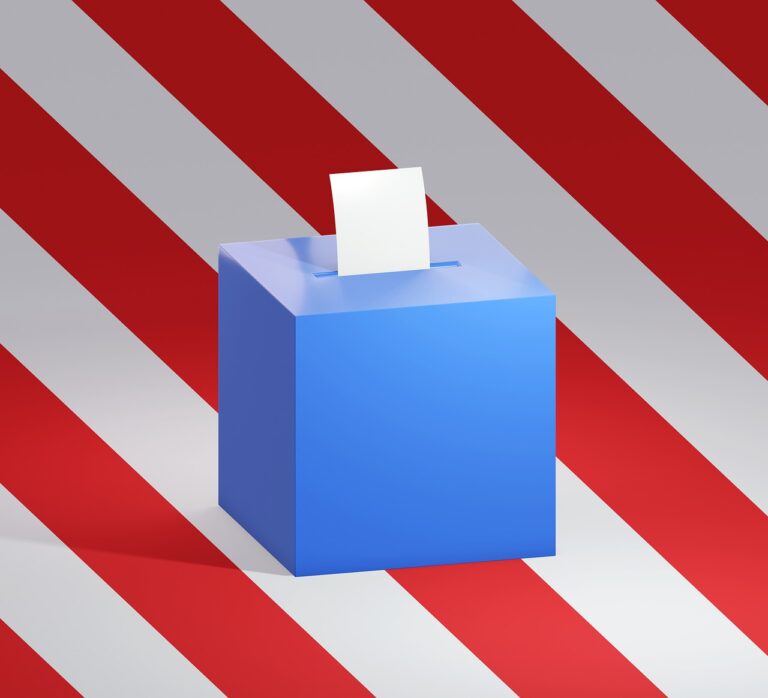Analyzing the Impact of Election Auditing on Political Polarization
11xplay new id, india 24 bat, skyinplay live login:As we witness the prevalence of political polarization in today’s society, it is crucial to examine how election auditing can impact this alarming trend. Election auditing refers to the process of verifying the accuracy and fairness of election results through various methods, such as paper ballot recounts and post-election audits. While the main purpose of election auditing is to ensure the integrity of the electoral process, it can also have unintended consequences on political polarization.
**The Role of Election Auditing**
Election auditing plays a critical role in upholding the principles of democracy by providing transparency and accountability in the electoral process. It helps to identify any potential irregularities or discrepancies in election results, thereby increasing public trust in the outcome of the elections. By ensuring that elections are conducted fairly and accurately, election auditing helps to uphold the legitimacy of the democratic process.
**Potential Impact on Political Polarization**
Despite its essential role in ensuring electoral integrity, election auditing can also have an impact on political polarization. When election results are audited, particularly in closely contested races, it can fuel suspicions and allegations of voter fraud or manipulation. This can lead to increased distrust in the electoral process and fuel existing political divisions.
**Increased Polarization**
One of the key ways in which election auditing can contribute to political polarization is by amplifying existing suspicions and distrust among voters. In today’s hyper-partisan political climate, any hint of irregularity in election results can be quickly weaponized by political actors to further divide the electorate. This can lead to increased polarization and a lack of trust in the democratic process.
**Confirmation Bias**
Another factor that can exacerbate political polarization in the context of election auditing is confirmation bias. Individuals tend to seek out information that confirms their pre-existing beliefs or biases, and election auditing can provide fertile ground for such biases to take hold. If voters believe that the election results are being manipulated, they may only pay attention to information that supports this view, further entrenching their beliefs and deepening political divisions.
**Misinformation and Disinformation**
The proliferation of misinformation and disinformation surrounding election auditing can also contribute to political polarization. In an era where false information spreads rapidly through social media and other online platforms, it can be challenging to separate fact from fiction. Misleading claims about election auditing can easily sow doubts and confusion among voters, leading to increased polarization and a lack of trust in democratic institutions.
**The Role of Media**
The media also plays a crucial role in shaping public perceptions of election auditing and its impact on political polarization. Biased or sensationalized coverage of election audits can further polarize the electorate and deepen distrust in the electoral process. Media outlets have a responsibility to report on election auditing in a fair and balanced manner, providing accurate information to help educate the public about the importance of electoral integrity.
**The Way Forward**
Despite the potential impact of election auditing on political polarization, it is essential to continue conducting thorough and transparent audits to uphold the integrity of the electoral process. However, efforts must be made to communicate the importance of election auditing effectively and address any concerns or suspicions that may arise among voters. Promoting transparency and accountability in the auditing process can help to build trust and confidence in the electoral system, ultimately reducing polarization and strengthening democracy.
**FAQs**
1. What is election auditing?
Election auditing refers to the process of verifying the accuracy and fairness of election results through various methods, such as paper ballot recounts and post-election audits.
2. How can election auditing impact political polarization?
Election auditing can increase suspicions and allegations of voter fraud, leading to distrust in the electoral process and deepening political divisions.
3. What role does media play in shaping perceptions of election auditing?
The media plays a crucial role in shaping public perceptions of election auditing. Biased or sensationalized coverage can further polarize the electorate and deepen distrust in democratic institutions.
4. What steps can be taken to address concerns about election auditing?
Promoting transparency and accountability in the auditing process, as well as educating the public about the importance of electoral integrity, can help to build trust and confidence in the electoral system.







